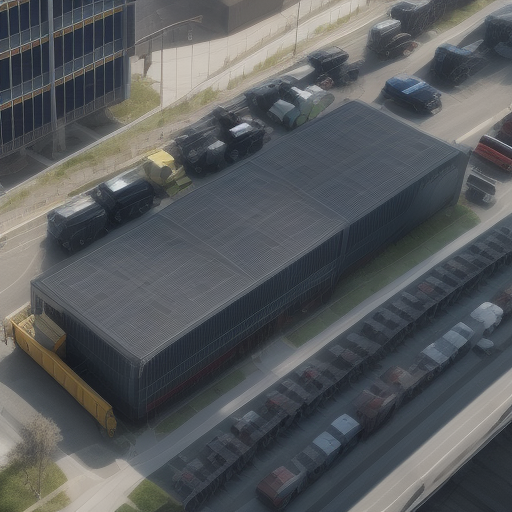文字のサイズ
- 小
- 中
- 大
Going carbon neutral in the European automotive supply chain
In Europe, rules and systems are being developed to become carbon neutral (CN) throughout the entire vehicle life cycle.

The EU intends to compile a common methodology for assessing CO2 emissions over the entire life cycle of passenger cars/vans by 2025 and introduce it from 2026 onwards. Legislation on the recovery/recycling of batteries, components and raw materials is also being developed to put the Circular Economy into practice.
All car manufacturers are accelerating their efforts to achieve CN throughout the entire lifecycle, covering processes from procurement to re-use. To reduce the carbon footprint (PCF, CFP) at the product level, OEMs are imposing certain CO2 reduction targets on their suppliers in the procurement of parts and materials with a high CFP.
Increasingly, targets are also being set for individual component products through Life Cycle Assessments (LCA). Mechanisms are also being developed to share primary data from the supply chain for the accurate calculation of PCFs.
Procurement policies, LCA and the Circular Economy towards carbon neutrality and CN in the European automotive supply chain focuses on analysing the strategies and policies of OEMs and Tier 1s to become carbon neutral in the automotive supply chain in Europe.
It covers the latest developments in the promotion of each company’s LCA approach, OEM/supplier and industry-wide cooperation towards supply chain CN, and circular economy practices, and looks at the direction of CN for the entire automotive supply chain.






